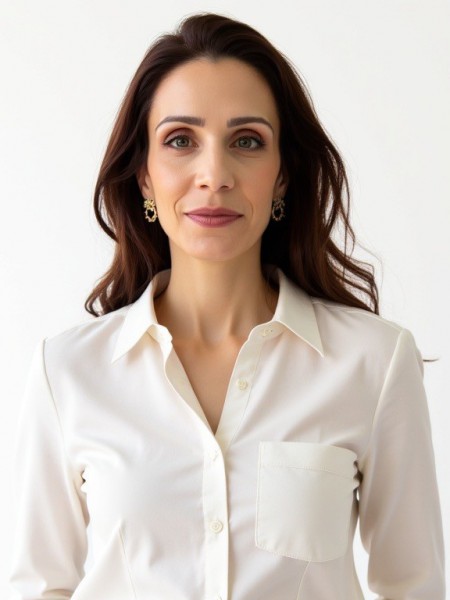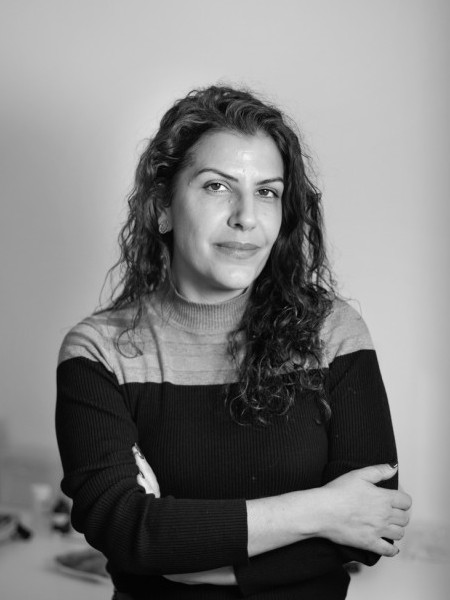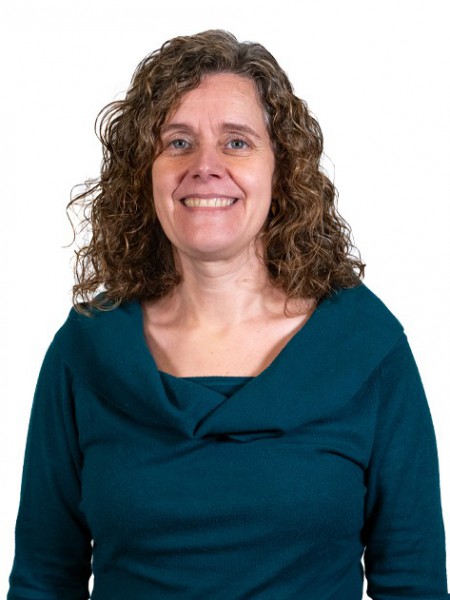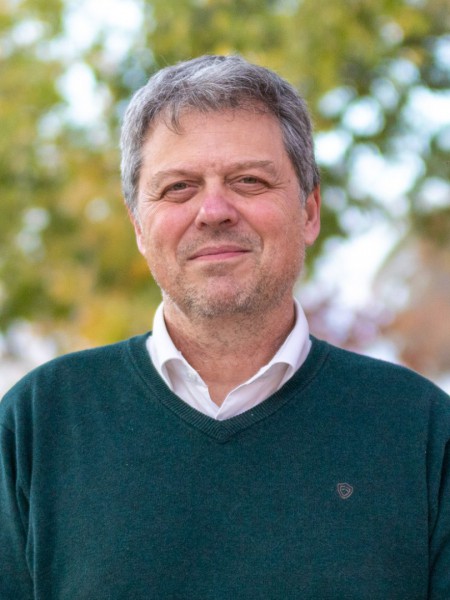abstract
Hydrogels have been used in combination with cells for several biomedical and biotechnological applications. Nevertheless, the use of bulk hydrogels has exhibited severe limitations in diffusion of oxygen, nutrients, and metabolites. Here, a support for cell culture is reported where glucose is generated in situ by the own hydrogel degradation, allowing cell survival and function while promoting tissue growth. For this purpose, laminaran (or laminarin)-based hydrogels were fabricated, immobilizing the adequate enzymes to obtain structural platforms for 3D cell culture and providing glucose feeding for metabolic activity of cells through polysaccharide degradation. We demonstrate that tumor A549 cells and human mesenchymal stem cells (hMSCs) can use the glucose resultant from the hydrogel degradation to survive and grow in non-added glucose cell culture medium. Additionally, in vivo biocompatibility and biodegradability of laminaran-based hydrogels were explored for the first time. The self-feeding hydrogels exhibited high potential in cell survival compared to native cell-laden laminaran hydrogels over two weeks of sub-cutaneous implantation. Such bioscaffolds with enzyme-empowered degradation capacity can be applied in diverse biotechnological contexts such as tissue regeneration devices, biofactories, disease models, and cell delivery systems.
keywords
LAMINARIN; POLYSACCHARIDES; SCAFFOLDS
subject category
Chemistry; Materials Science
authors
Zargarzadeh, M; Silva, AS; Nunes, C; Coimbra, MA; Custodio, CA; Mano, JF
our authors
Groups
G4 - Renewable Materials and Circular Economy
G5 - Biomimetic, Biological and Living Materials
Projects
CICECO - Aveiro Institute of Materials (UIDB/50011/2020)
CICECO - Aveiro Institute of Materials (UIDP/50011/2020)
Hidrogéis de Lisados de Plaquetas para Regeneração do Miocárdio (BEAT)
acknowledgements
This work was developed within the scope of the project CICECO-Aveiro Institute of Materials, UIDB/50011/2020 & UIDP/50011/2020 and LAQV-REQUIMTE (UIDB/50006/2020), financed by national funds through the FCT/MEC and when appropriate co-financed by FEDER under the PT2020 Partnership Agreement and BEAT (PTDC/BTM-MAT/30869/2017). The authors also acknowledge FCT for the project MARGEL (PTDC/BTM-MAT/31498/2017). Mehrzad Zargarzadeh acknowledges the doctoral grant SFRH/BD/143883/2019 and Catarina A. Custodio acknowledges the individual contract 2020.01647. CEECIND. Image acquisition was performed by Catia F. Monteiro in the LiM facility of iBiMED, a node of PPBI (Portuguese Platform of BioImaging): POCI-01-0145-FEDER-022122.





